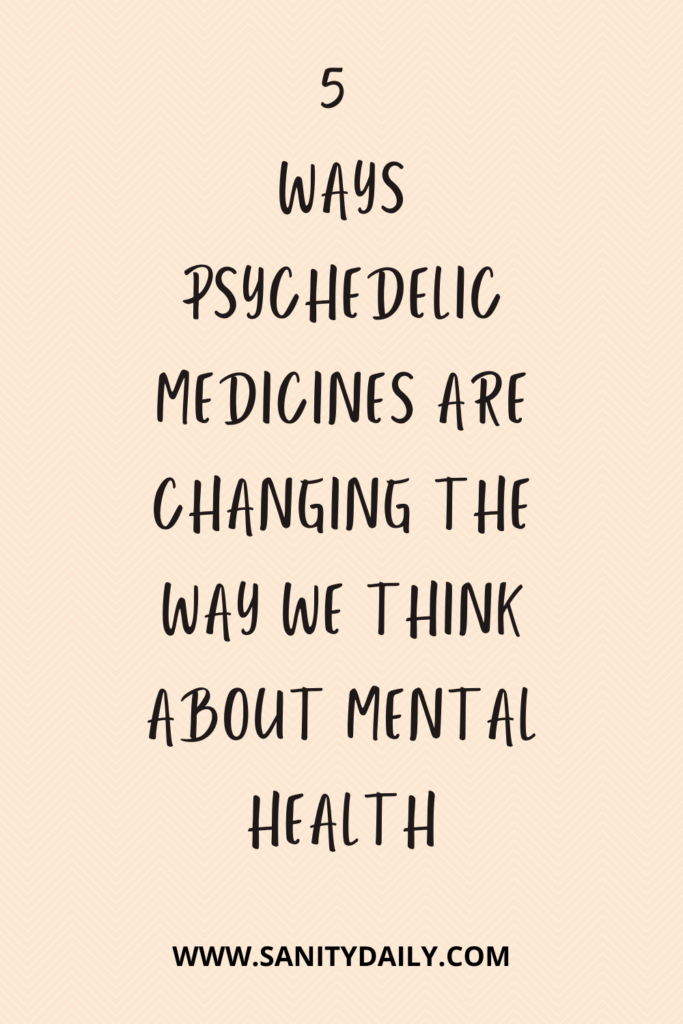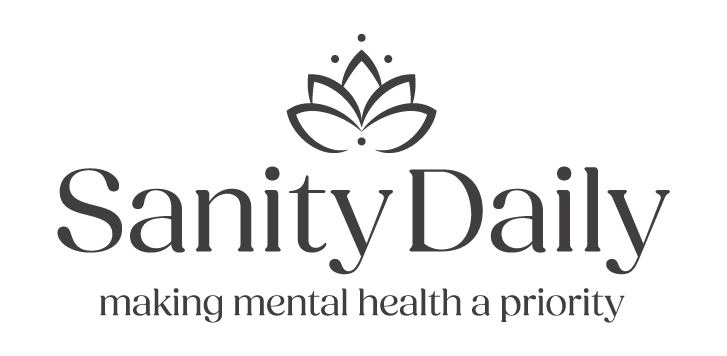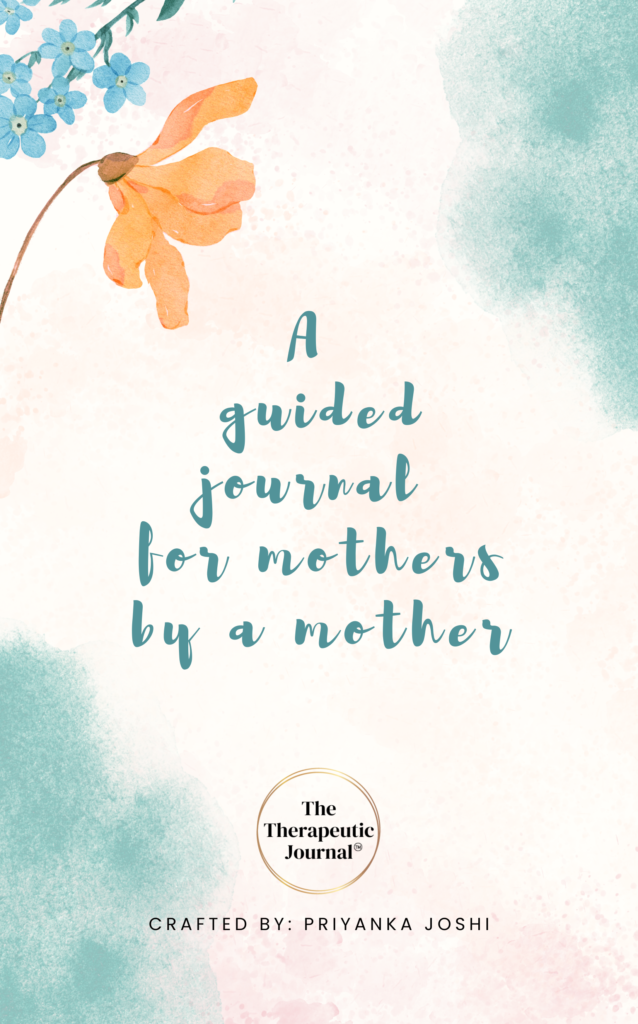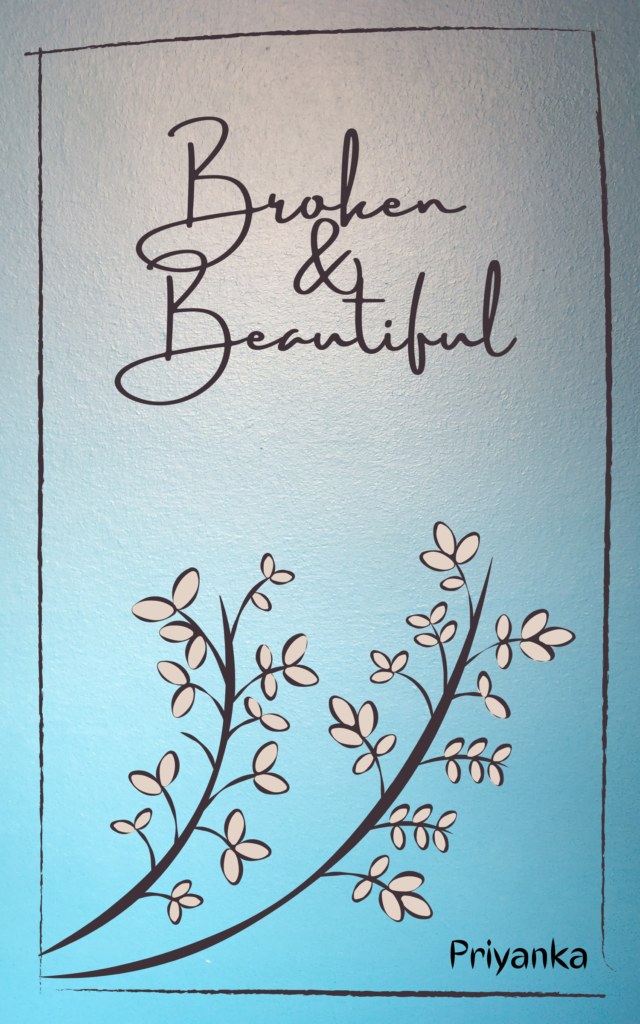The last year has been hard. Really, really, hard. So many parts of life we usually take for granted have been radically disrupted.
A routine trip to the grocery store now involves a calculation of risks about personal health, the health of our loved ones, and what duties we owe to society at large!
The normal flow of work, school, social gatherings, and movies has been removed. As a species we’re resilient and we’ve adjusted. But we’ve also been forced to spend more time confronting the patterns of our own minds.
If you’ve struggled with your mental health during the pandemic, you’re not alone. The CDC reported that 40% of U.S. adults struggled with depression and substance abuse last summer. It can be hard to know how to cope with a changing world when the ordinary structure of life is removed.
Thankfully, over the last 100, the mental health community has developed some techniques that are very effective for organizing our minds. Many people respond well to talk therapy (cognitive behavioral therapy being the most popular form) and psychiatric medications like SSRI’s. Unfortunately, they don’t work for everyone.
Continuing a trend that began several years ago, doctors have been re-evaluating the potential of psychedelic medications to treat anxiety, depression, and PTSD.
In most studies, doctors and therapists are combining traditional psychiatry with talk therapy—and they’re achieving impressive results. Some studies are showing up to 80% improvement in patients who are clinically depressed.
Related: How to Improve Your Mental Health During the Tough Times?

5 Ways Psychedelic Medicines Are Changing The Way We Think About Mental Health
- The medication itself
Most people are familiar with LSD, which fueled the creative boom and counterculture of the 1960s. A related compound, psilocybin, the active compound in magic mushrooms, has been widely studied recently. Other medications include MDMA (also known as ecstasy).
Right now, the only legally-available psychedelic medicine is ketamine, which has been used for many years as an anesthetic in the operating room. All of these medications work on receptors in your brain to improve mood.
Through downstream biochemical effects, ketamine, LSD, and other psychedelic medicines increase serotonin and upregulate anti-depressant hormones like BDNF. These medicines themselves will usually improve mood for up to several months. The effects are sustained when researchers pair them with talk therapy.
- The experience
The psychedelic experience often produces a feeling of connectedness to others and the universe. Most patients describe it as one of the top 5 most meaningful experiences of their lives.
For those patients who are stuck in the ruminations of anxiety and depression, psychedelic medicines like ketamine create an experience where they see themselves as complete, whole individuals, free from the cloud of depression.
This can result in a radical shift in self-perception. Whereas the depressed individual once saw themself as guilty, unworthy, or otherwise less-than, after psychedelics people can see their natural self-worth. At their core, they know that they are fundamentally good and strong. This ‘knowing’ during the psychedelic experience tends to feel more real than ordinary waking consciousness.
- The therapeutic bond
Human connection is at the forefront of any successful psychedelic therapy. Psychedelic medicines open us up to the deepest recesses of our minds, and it’s essential that you have a safe person guiding you through the process.
Because most protocols involve more than one treatment session, patients have the opportunity to establish an ongoing relationship with their doctor and therapist. Think of it as having a good friend or mentor who you get to check in with on an ongoing basis.
During these repeated sessions, patients have the opportunity to let go of unproductive or traumatic thought patterns with someone they trust. Often, the therapeutic relationship is the most potent indicator of treatment success.
- Integration
Because the psychedelic experience is unlike anything you’ve ever experienced, it can be a little disorienting. Integration is the process of making sense of the psychedelic experience and applying it to your life. It’s what changes the treatment from an interesting experience to a full-fledged transformation of your life.
The psychedelic experience often creates a feeling of beauty, weightlessness, connectedness, and unity with the universe. This results in a sense of hope for the future– that it’s going to be ok in the end.
However, some difficult themes can emerge past traumas, death, and issues surrounding the loss of identity. The challenging experiences are often when we learn the most about ourselves and when we have the greatest opportunity for growth.
But it’s essential that you work through it with someone who has walked down the path before you and can guide you along. Integration is what changes the psychedelic experience from an interesting trip, to a full-fledged personal transformation.
- Courage to venture into the unknown
Perhaps the greatest benefit of psychedelic medicines are that it opens our minds to our limitless potential. When patients are stuck in anxiety and depression, or trapped by trauma, their lives are small and full of fear.
Psychedelic medicines can show us the strong inner core of our being that is always present. It’s safe, secure, and a source of strength when storms are raging around us. Most of the time we’re unaware of it, but through ketamine and other psychedelic medicines, we get a convincing view of its reality.
This gives us the courage to move forward into unknown territory, to face the great adventure that’s waiting for us—Life!
…………………………………………………………..

Scott Allen, MD. Dr. Scott Allen is a board-certified anesthesiologist. He and his wife, Dr. Rachel Allen, both practice anesthesiology. They are the medical directors of Satori Health and Ketamine in St. George, Utah. You can find more information at stgeorgeketamine.com.








